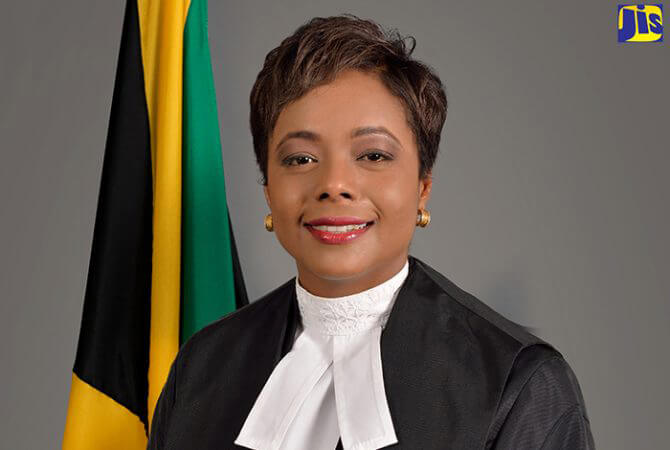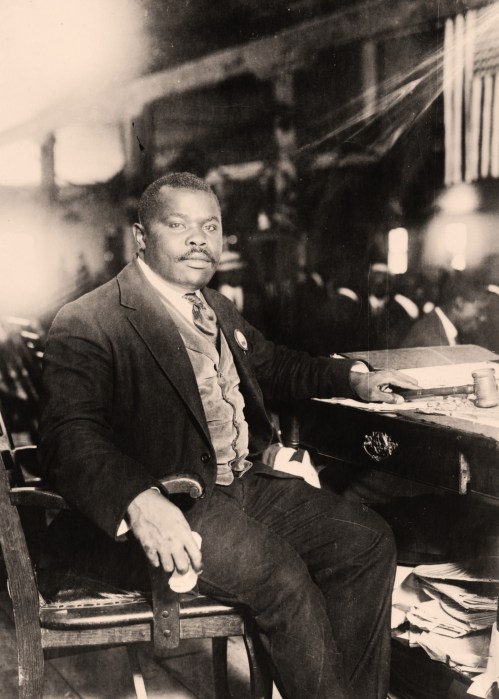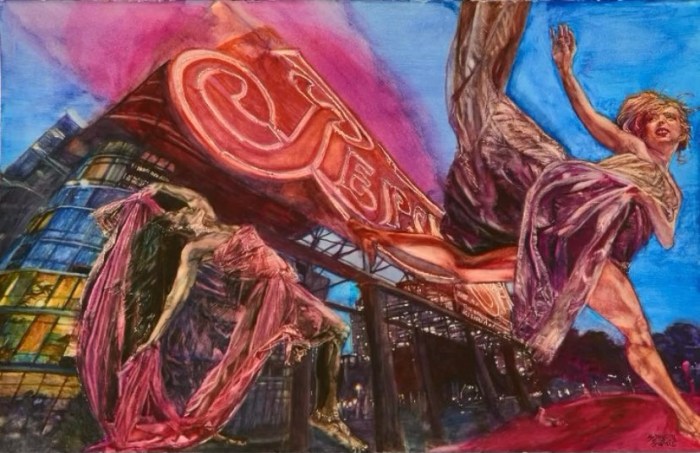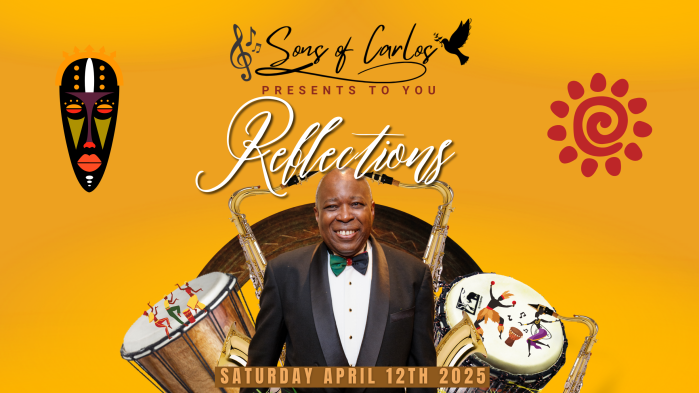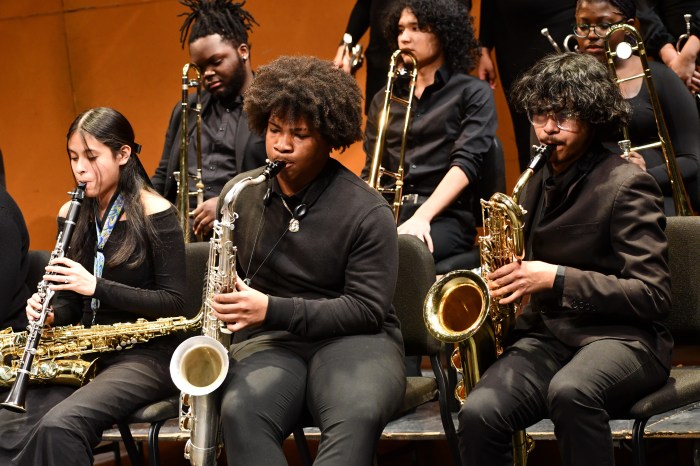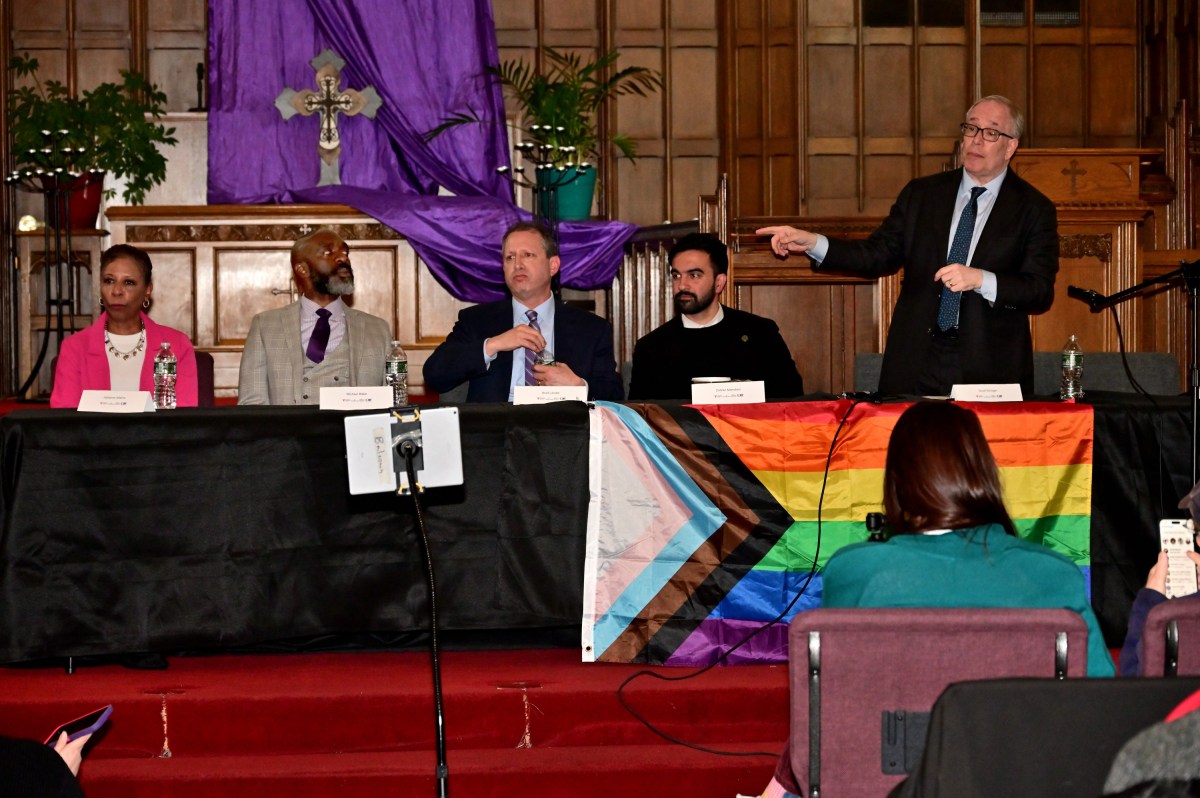The government of Jamaica is being accused of lacking cultural representation in deciding changes to the money used in circulation on the island.
Last week Minister of Finance, Nigel Clarke announced changes to the paper currency sparking controversy concerning the absence of images of Robert Nesta Marley; an undervalued assignation to national hero, Marcus Mosiah Garvey, the prominence of ‘four white men’ on two single notes and a number of other issues related to national identity.
Clarke said the Bank Of Jamaica (BOJ) will upgrade the appearance and structure of the current notes to feature all seven national heroes and introduce a new $2,000 bill honoring former Prime Ministers Michael Manley and Edward Seaga on either sides of the note.
He explained that another double-imaging will feature Sir Alexander Bustamante, Jamaica’s first prime minister with his rival cousin Norman Washington Manley, the island’s only premier leader on flip sides of the $1,000.
The existing five banknotes feature only two of seven national heroes and three of four deceased prime ministers.
Going forward heroes Paul Bogle and George William Gordon will appear on the $50, Nanny of the Maroons and Sam Sharpe on the upgraded $500, Marcus Mosiah Garvey on the $100 and former prime ministers Donald Sangster and Hugh Shearer on the upgraded $5,000 note.
“Politicians put politicians on currency notes as a way to market the idea that politicians are important, Dr. Damien King, executive director of the Caribbean Policy Research Institute (CAPRI) said. “The notion that Donald Sangster, who was prime minister less than 30 days, is more worthy of this iconization than Bob Marley, Usain Bolt, or Mary Seacole is just laughable,” the former University of the West Indies lecturer said.
Although murmured publicly as an affront to the population, the changes prompted acid opinions on social media among them a long diatribe from an outraged dancehall artist named Foota Hype. He excoriated the placement of the two former prime ministers on the highest valued currency charging them with inciting gun violence in Jamaica.
In his rant the music selector said it was the political rivalry between the men that directly contributed to the turbulence of the 1980 elections on the island and the murders of more than 800 Jamaicans.
In addition, he accused the government of being disrespectful to reggae icon Marley — who he believes should be named a national hero – and Garvey, the first national hero and global Pan-African activist.
His ire venomously tarnished politicians who decided Garvey’s image would be placed on one of the lowest denominations in circulation.
Both Marley and Garvey he said empowered Black people worldwide.
In response the minister took to a national radio station to defend “a complicated process” of implementing some of the suggestions the selector proposed.
“The process of getting someone on a bank note is quite lengthy. You have to do permissions and so forth and not everyone wants to necessarily be on a commercial thing like a bank note,” Clarke said.
With regard to Marley, he said the family would have to consent to placing the legend’s image on currency. He cited difficulties with getting an approval because the action might conflict with the ethics the humble Rastafarian espoused throughout his lifetime.
Clarke suggested the possibility of a Marley bill might be viable if a larger banknote was made available in the future. Most of all he said there would have to be a consensus by family members to use the image for legal tender.
Meanwhile, the island’s Prime Minister Andrew Holness has been extoling the roll out of the nation’s digital dollar on social media next month.
The leader announced last month on a Twitter post that after a successful pilot in 2021 Jam-Dex, — Jamaica Digital Exchange — will be available to all Jamaicans with a bank account on April 1. Those without accounts will be required to go through a global fraud-prevention procedure. And the first 100,000 residents who utilize the cryptocurrency will be rewarded with incentives of $2,500.


